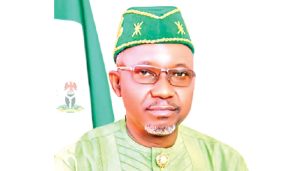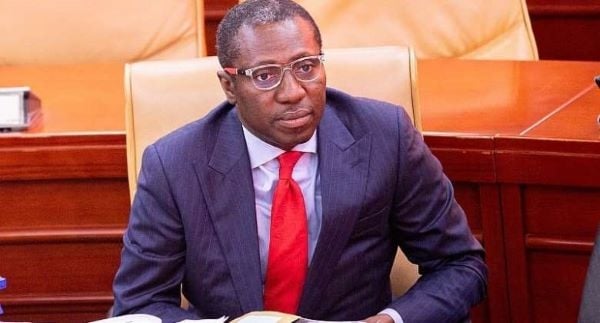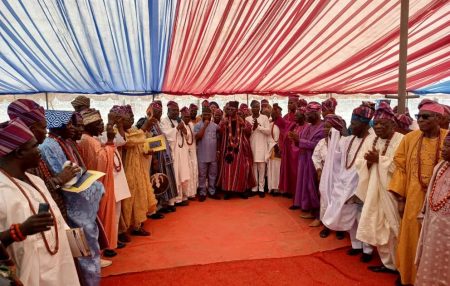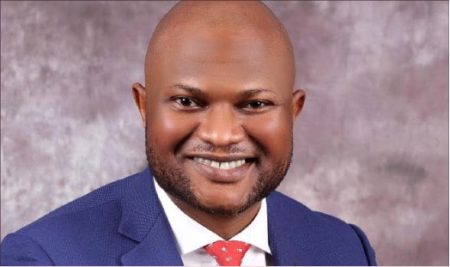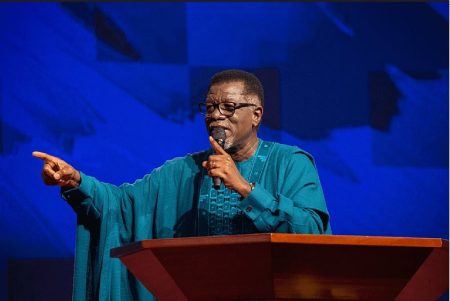Alexander Afenyo-Markin, the Majority Leader and Member of Parliament for Effutu, has publicly apologized to the Multimedia Group following a recent emotional outburst regarding comments made by Speaker Alban Bagbin. This incident arose after the Speaker announced on October 17, 2024, that four parliamentary seats had been declared vacant due to Members of Parliament switching their political allegiance. In a subsequent interview on the Kokrokoo morning show hosted by Peace FM, Afenyo-Markin attempted to clarify the misunderstanding surrounding Bagbin’s ruling, contending that the Speaker did not explicitly state that the NDC was the majority party, nor did he label the NPP as the minority.
The tension between Afenyo-Markin and the media, particularly JoyNews from the Multimedia Group, was rooted in frustrations over how the party’s status was portrayed. Afenyo-Markin criticized the journalists for depicting the NPP as a minority caucus, especially when the legitimacy of the Speaker’s ruling was still subject to review by the Supreme Court. This situation led to heightened emotions, culminating in unfortunate remarks directed toward a journalist at a press conference that followed the contentious ruling. Afenyo-Markin acknowledged that his reaction during this encounter was excessive and admitted he should have handled the situation more judiciously.
During his apology, Afenyo-Markin expressed regret for his behavior, suggesting that the pressures of the moment contributed to his outburst. He acknowledged that, while he perceived a degree of bias and mischief in the reporting conducted by the Multimedia Group, he recognized that he should have maintained his composure. He conveyed a sense of disappointment regarding how the media’s portrayal can impact politicians personally, hinting at a broader concern about media integrity and accountability in political reporting. Afenyo-Markin’s remarks reflected a sentiment that journalists have a responsibility to provide an accurate representation of political events without undue influence or slant.
Despite his frustrations, Afenyo-Markin refrained from labeling Multimedia’s actions as outright malicious; however, he emphasized that they sometimes engage in what he deemed propaganda that adversely affects his reputation. His statement implies a call for a more responsible approach to journalism, especially in politically charged environments like Ghana, where political allegiance can rapidly shift and impact the broader parliamentary landscape. The apology was not merely a personal admission of fault but also a denunciation of what he perceived to be a pervasive issue in the relationship between politics and the media.
In committing to engage in further dialogue with the Multimedia Group, Afenyo-Markin aims to clarify his position and mend professional relationships strained by the recent incident. He believes that it is essential to cultivate mutual respect and understanding between lawmakers and journalists to ensure that the public receives fair and accurate news. Additionally, by openly addressing his missteps, Afenyo-Markin seeks to foster goodwill and reconciliation, underscoring the importance of constructive communication in the political arena.
Ultimately, this incident serves as a reminder of the complexities inherent in the relationship between politicians and the media. Afenyo-Markin’s apology not only seeks to resolve personal tensions but also highlights the significant role that media plays in shaping public perception of political events. As the landscape of Ghanaian politics continues to evolve, the need for balanced reporting and responsible journalism remains paramount, influencing how politicians and their actions are perceived by the electorate. Through better dialogue and an open acknowledgment of responsibilities on both sides, progress may be made towards a more respectful and accurate political discourse.



